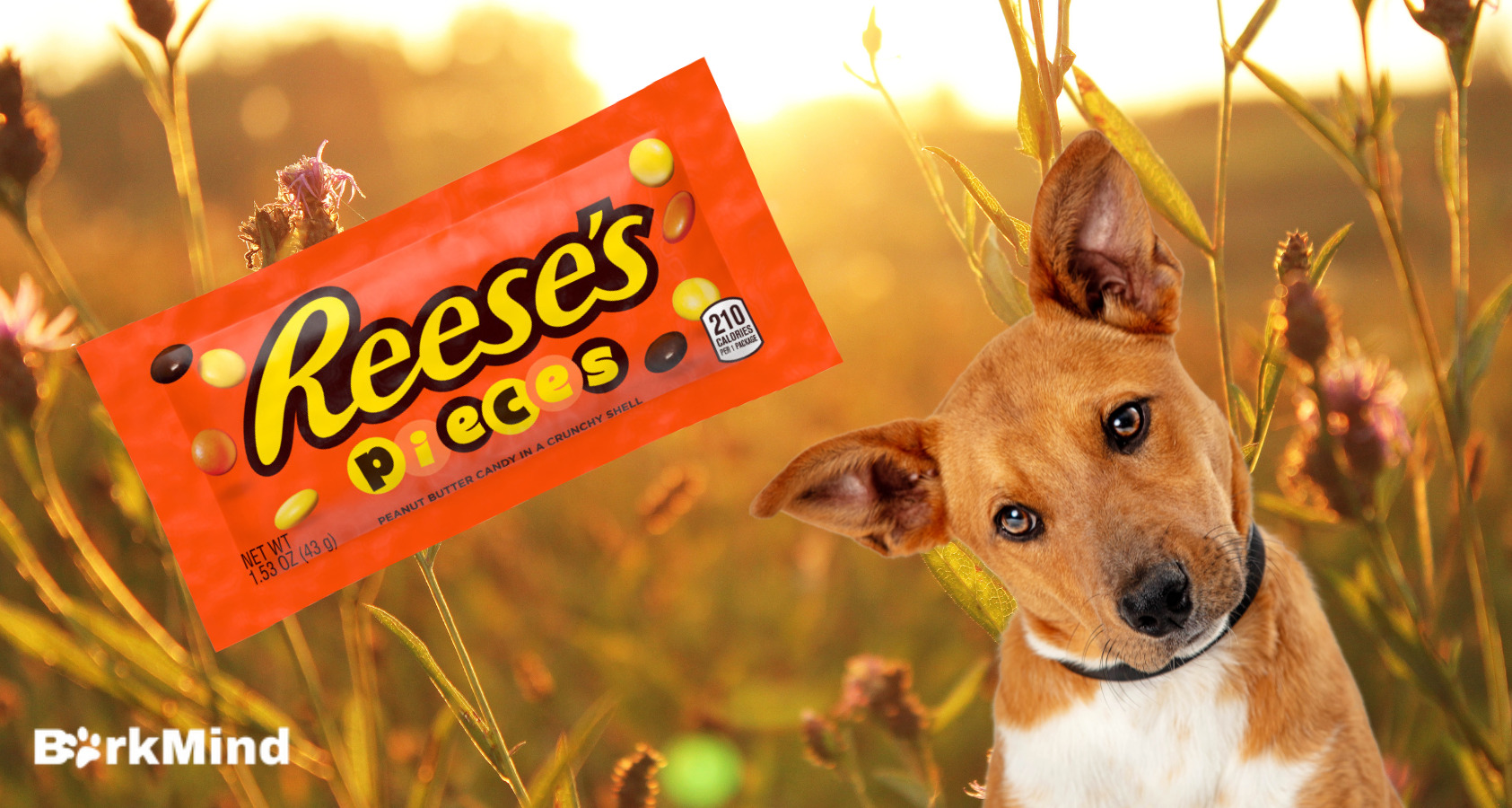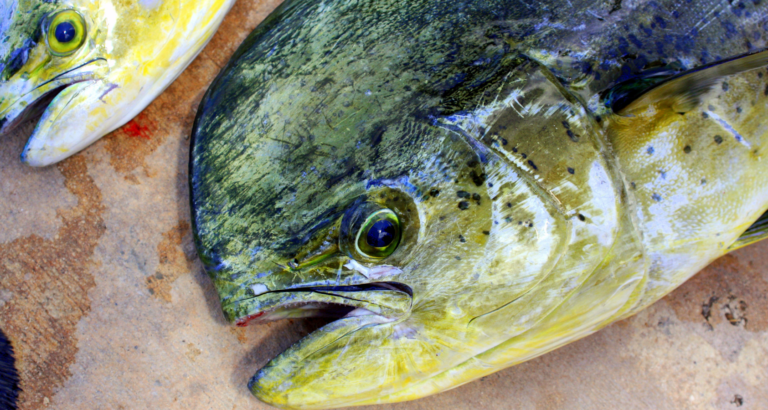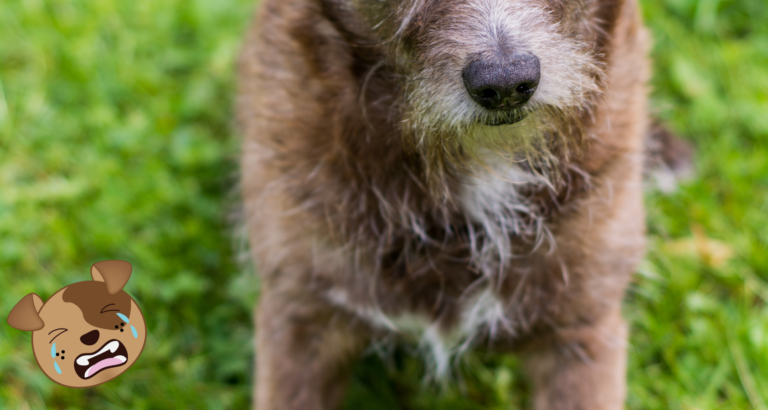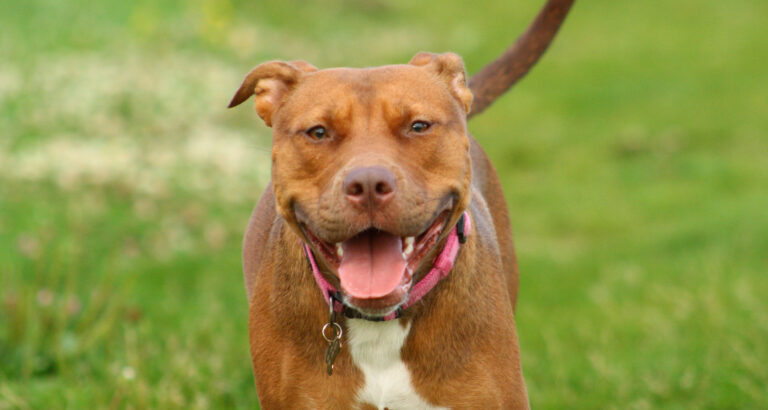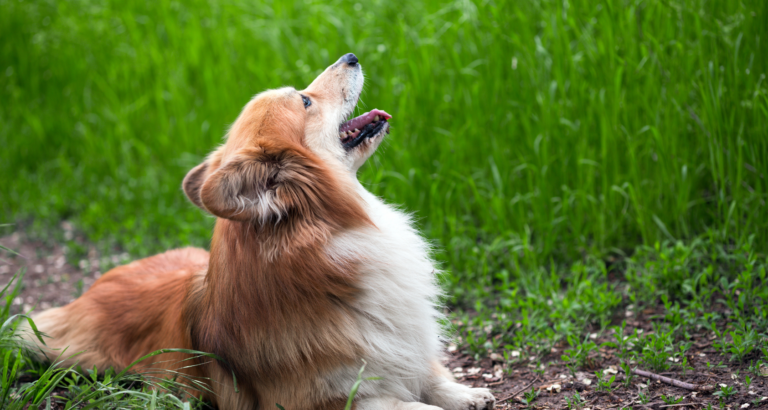Can Dogs Eat Reese’s Pieces? Here’s What the Experts Say
Last updated on July 23rd, 2023 at 01:42 am
Reading Time: 3 minutesThis post may contain affiliate links. If you click and buy we may make a commission, at no additional charge to you.
Can Dogs Have Reese’s Pieces?
Reese’s Pieces have always been one of the most popular Halloween candies – it’s hard to imagine trick-or-treating without them! But can dogs eat Reese’s Pieces? If your dog accidentally eats human food, or you just want to make sure they’re eating the right thing, you need to know what they can and can’t eat. In today’s post , we’re going to take a quick look at the question. Can dogs have Reese’s Pieces? Let’s find out!
Quick Answer
Technically Yes, dogs can eat Reese’s Pieces but it’s not suggested as they are unhealthy and have no benefits.
Let’s Jump In!
List Of Main Toxic Ingredients In Reese’s Pieces
- Sugar – Extremely bad if eaten too much
- Partially Defatted Peanuts – Dogs love peanuts, but some dogs have reactions to peanuts and peanut products.
- Hydrogenated Vegetable Oil – Hydrogenated Oils are typically contain more than 5% trans fats and contribute to heart disease in humans and dogs.
- Corn Syrup Solids – Contain a high sugar content that is not recommended for dogs.
Can Dogs Eat Reese’s Pieces?
Although Reeses Pieces contain peanuts, which can be toxic to dogs, a small amount is unlikely to cause any harm. Reese’s Pieces are not very nutritious, and although they can be potentially dangerous if consumed in large quantities, they should have no harmful effects when given as an occasional treat. Though there is no chocolate in this candy, but there are dairy products, which are also harmful to dogs. As such, it is generally advised that you you do not feed your dog Reeses Pieces, and if given as a treat, monitor to ensure there are no side effects.
Are Peanuts Safe for Dogs In Reese’s Pieces?
Peanut butter is a tasty snack for humans, and dogs love it as long as it doesn’t contain xylitol it’s technically safe apart from allergies. Xylitol is an artificial sweetener often found in sugar-free products and chewing gum that can be very dangerous to dogs. Reeses Pieces do not contain Xylitol but use a safer sugar called Dextrose as one of the sweeteners. While there have been reports of xylitol poisoning in pets that consumed peanut butter without xylitol, peanut butter itself is not toxic to dogs. However, it can cause stomach upset if eaten in large quantities or with other foods.
What Happens If My Dog Eats Too Many Reese’s Pieces?
The fat content of the peanuts and hydrogenated oil is high, especially in commercial brands. The fat can lead to diarrhea, vomiting and pancreatitis in dogs that eat too much of it. Furthermore, the peanut filling can stick to a dog’s teeth and tongue and may cause irritation if a large amount is eaten.
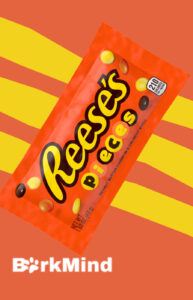
What To Do If My Dog Ate A Bag Full Of Reese’s Pieces?
If your dog ate a large number of Reese’s Pieces, your dog should see his vet as soon as possible to get checked out and make sure he isn’t exhibiting any signs of gastrointestinal distress. When determining what to do if your dog ate a bag full of Reese’s Pieces, consider whether or not he ate them within 15 minutes (or so) of eating some other type of food. If he did, wait three hours before bringing him to a vet unless there are signs of distress immediately. Also consider calling the ASPCA poison control line (888) 426-4435
Conclusion – Can Dogs Eat Reese’s Pieces
Technically yes, but keep in mind it’s not recommended and in moderation. If you think your dog might be at risk for allergies, vomiting or diarrhea after consuming Reese’s Pieces isn’t recommended.
IMPORTANT NOTICE: INFORMATIONAL PURPOSES ONLY – NOT MEDICAL ADVICE
This website is designed solely for informational purposes and does not offer medical advice, including veterinary guidance. The content, which includes but is not limited to text, graphics, images, and other materials, should not be considered a replacement for professional veterinary advice, diagnosis, or treatment. For any inquiries relating to dietary needs or your pet’s health, always consult your veterinarian or another qualified healthcare provider. Trust their expertise and judgment to address your specific situation appropriately.
About The Author
I'm a content writer and researcher. But bottom line, I loveee animals. I had my first animal which was a guinea pig at age 8. Later had a bunny, dog and a lot, a lot of fish. Writing about what I know about pets will allow me to share my knowledge and love for them with everyone else. Dealing with dogs my entire life, I know a lot.

